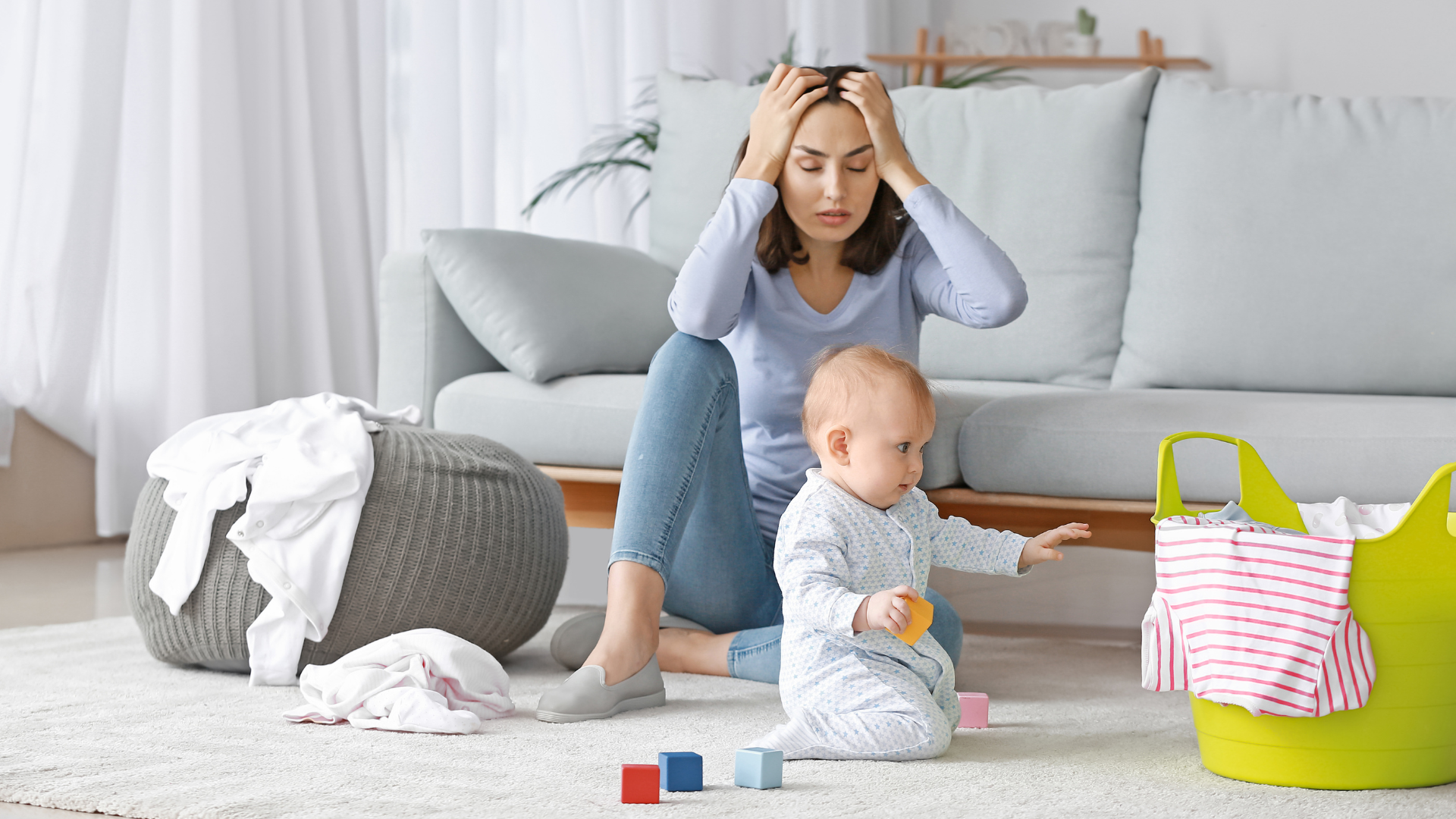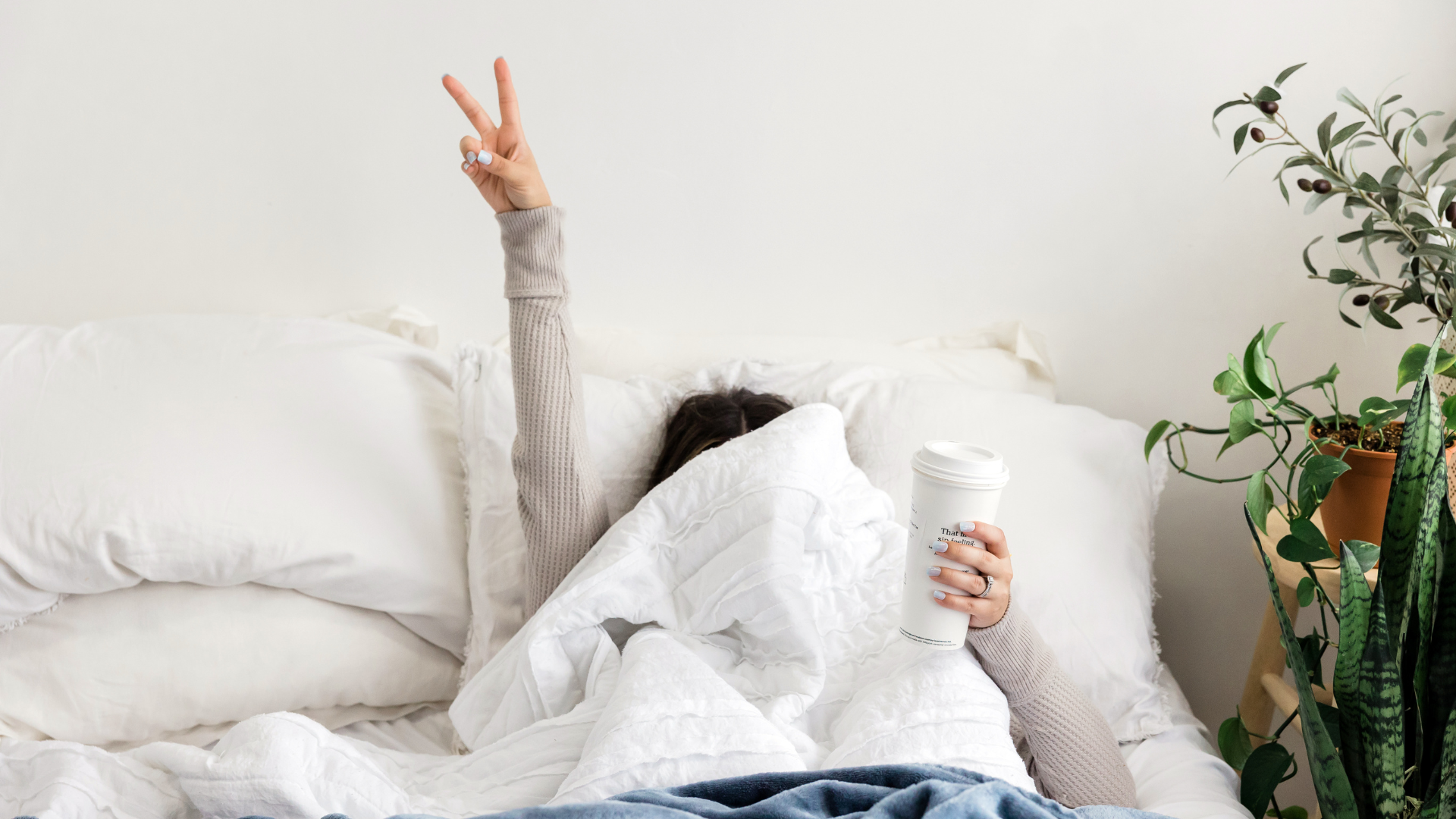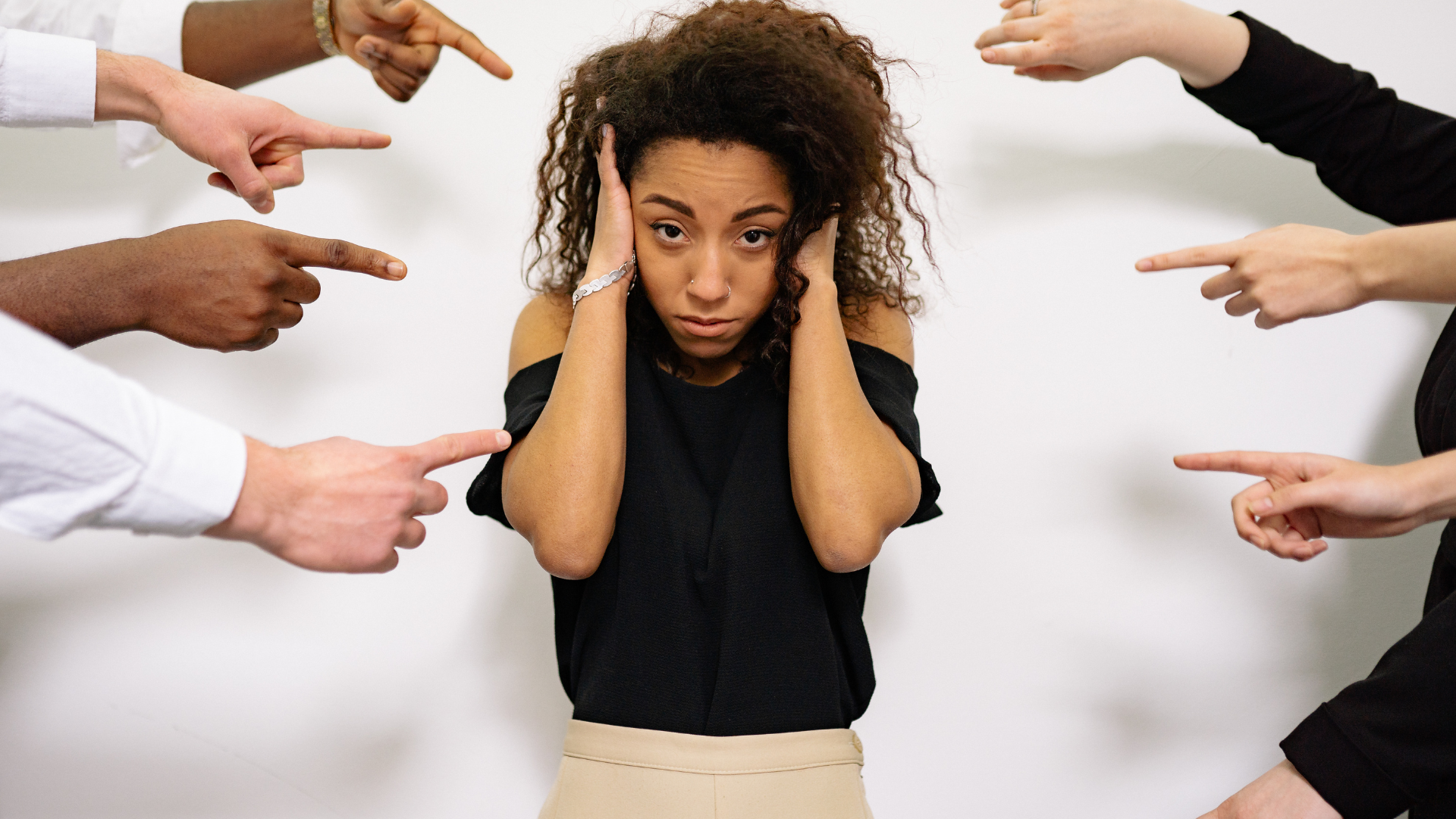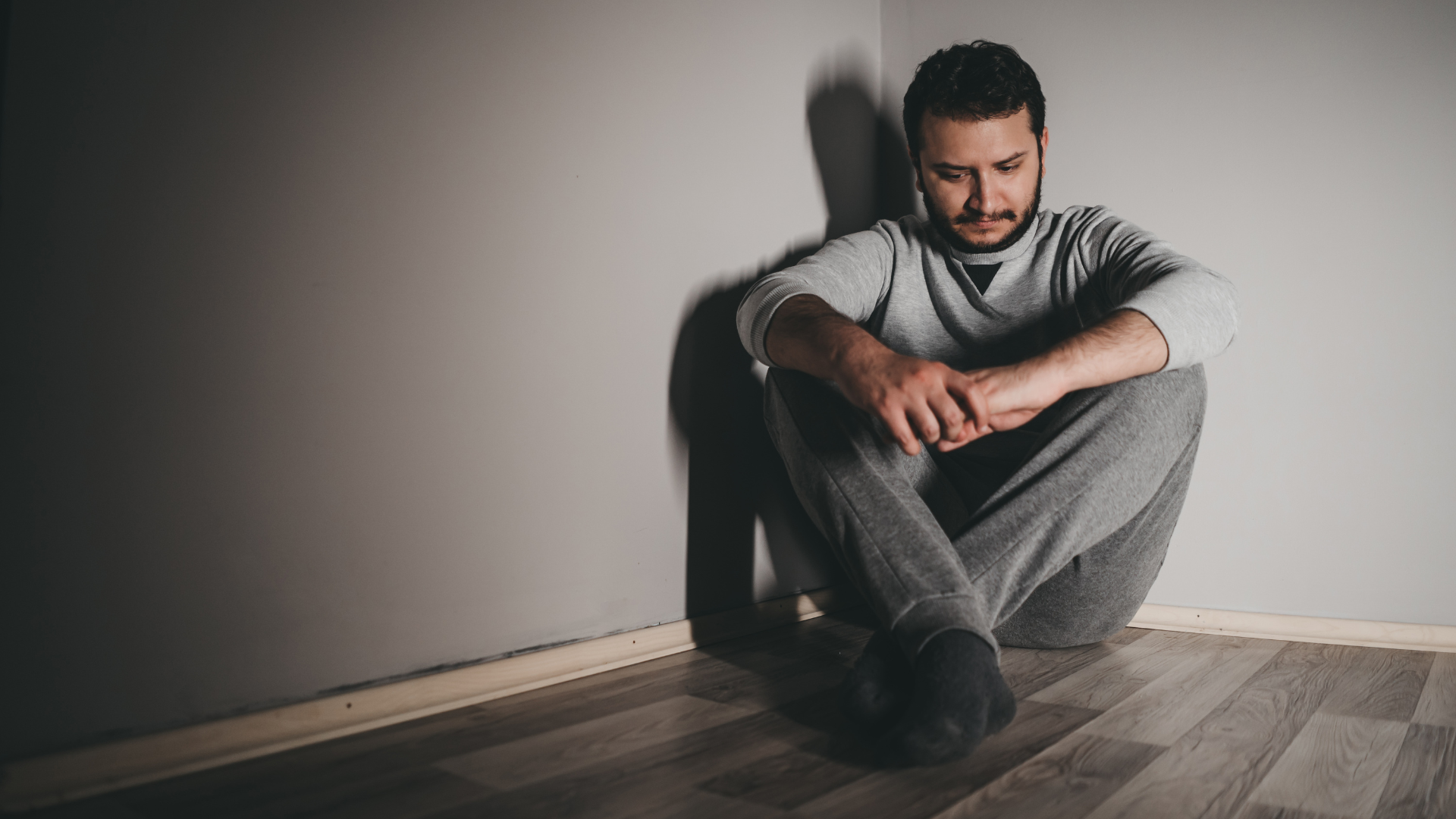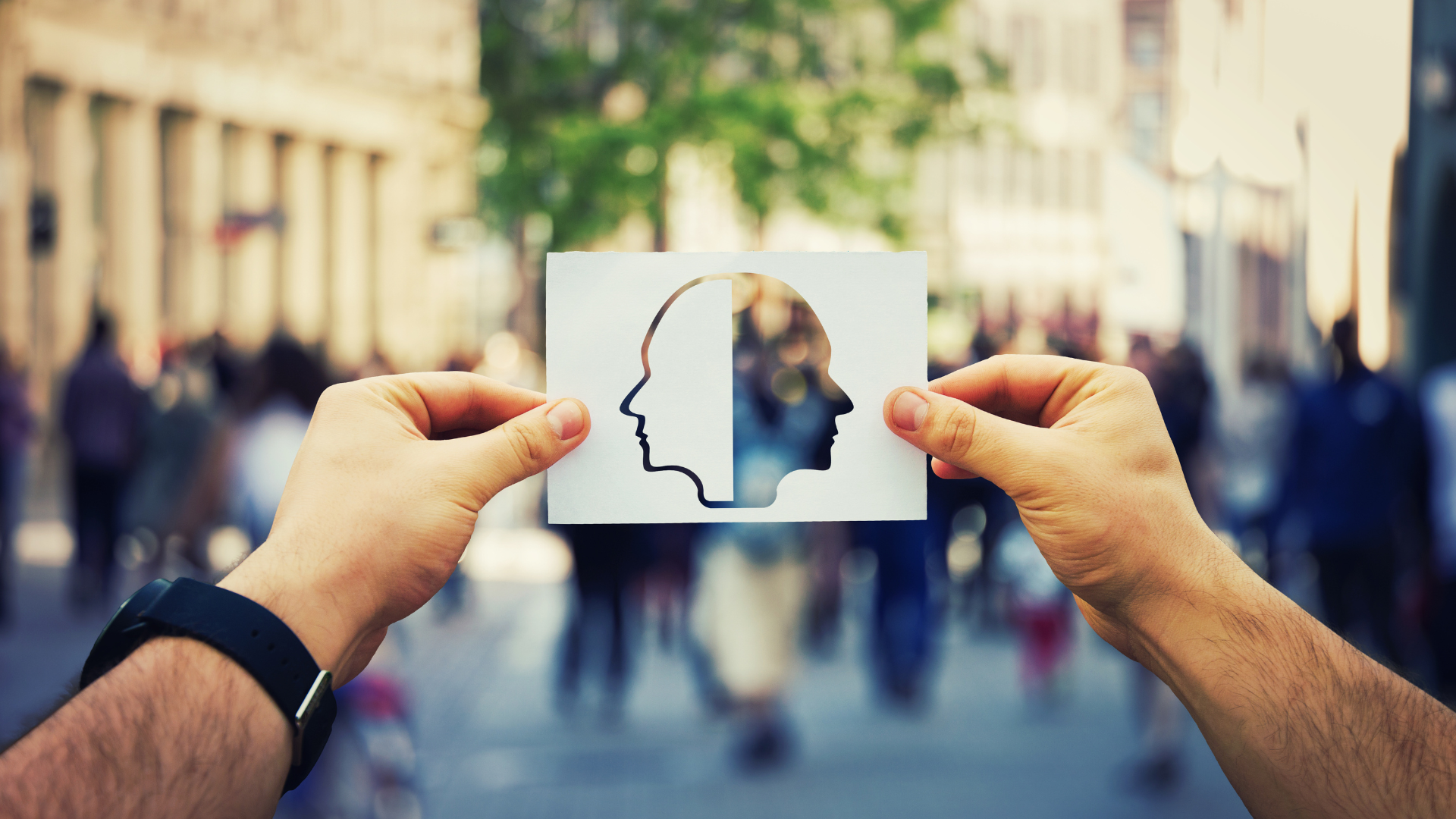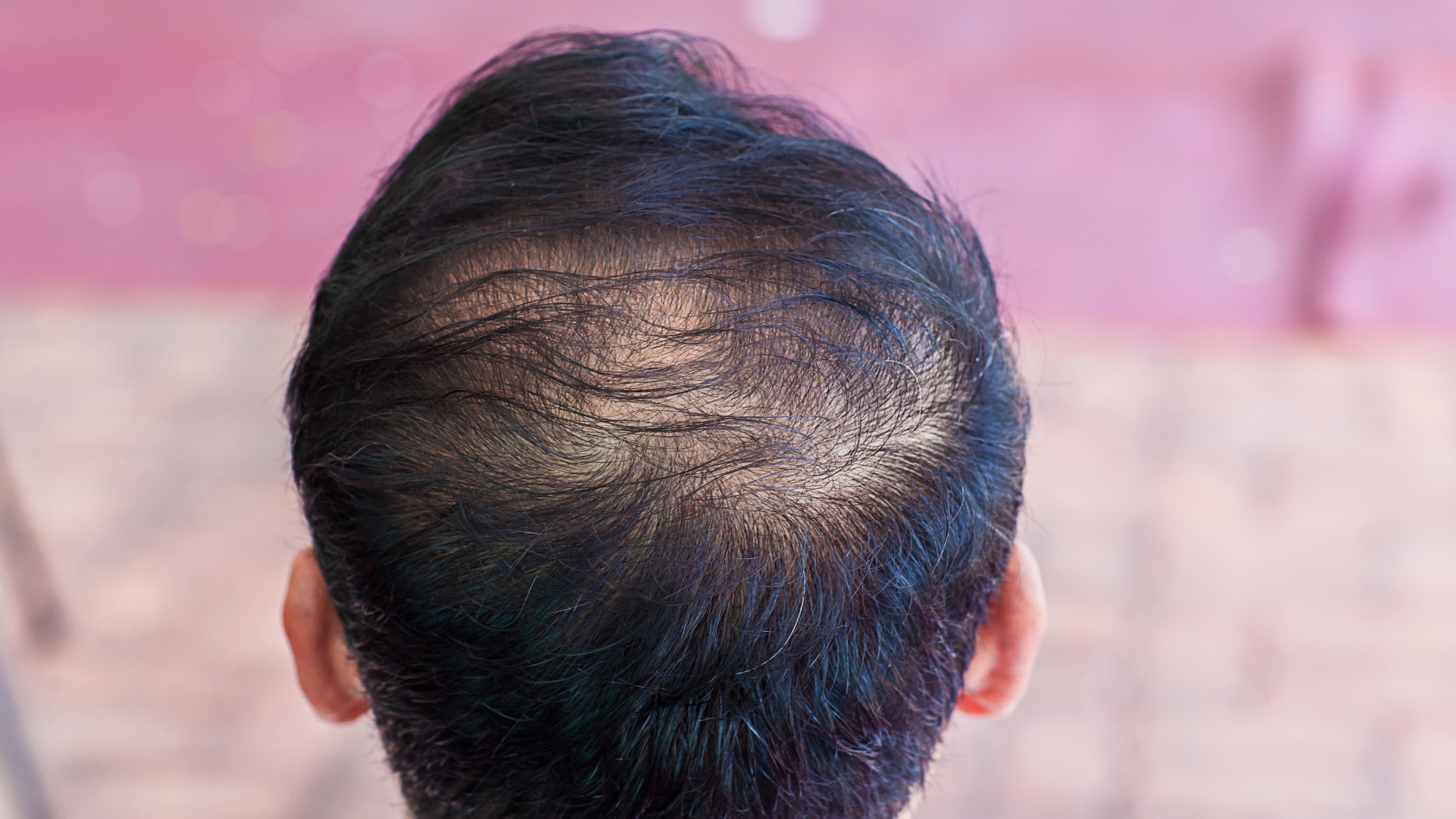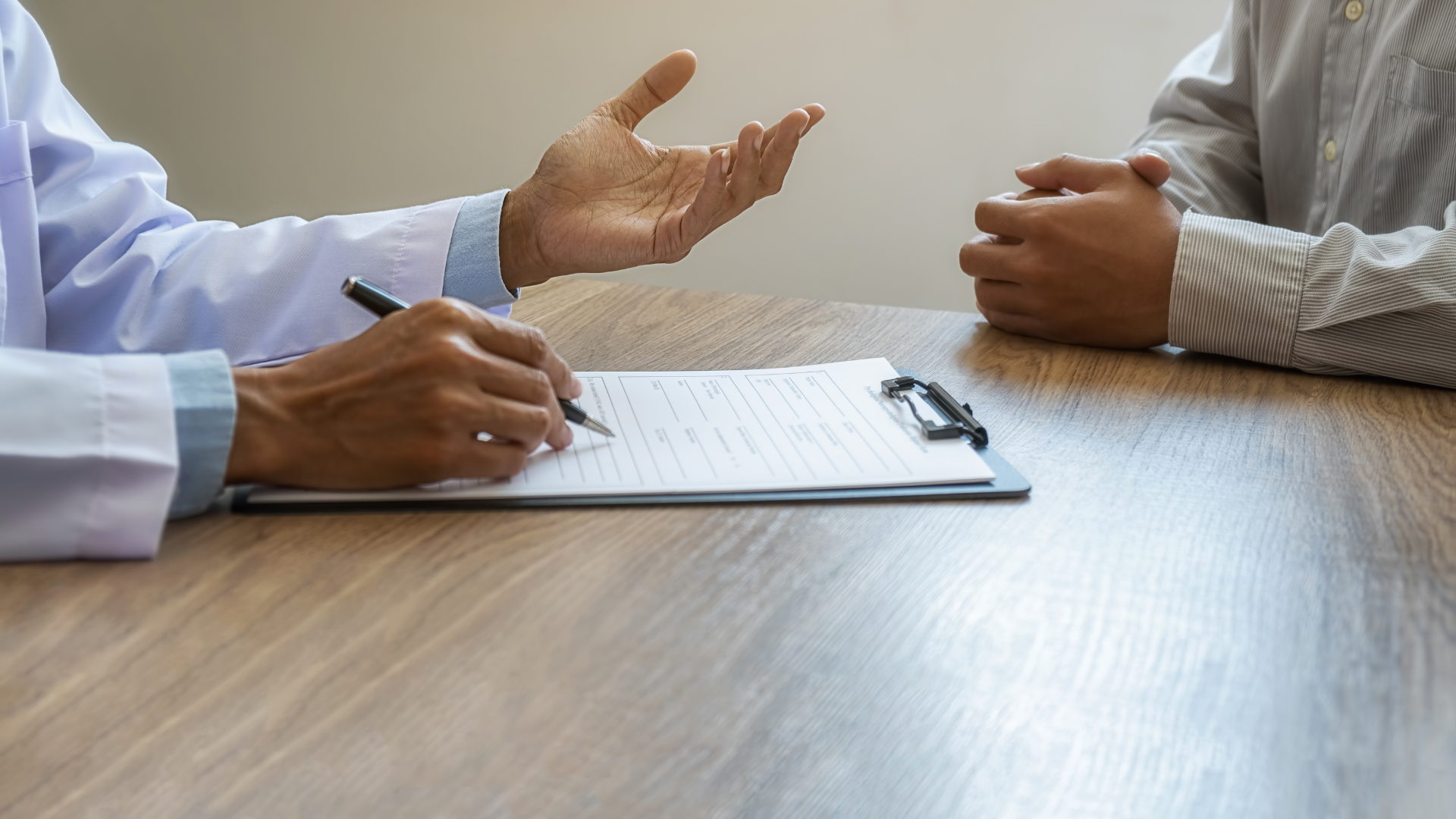Making Wellness a Lifestyle
Taking care of your physical and mental health should be the top priority, but that doesn’t mean it’s easy. With our busy lives and the pressures of modern life, it can be difficult to find the time to engage in activities that promote wellness.
The good news is, you don’t need to devote hours of your day to stay healthy. Making small changes in your daily routine can make a big difference when it comes to overall wellness.
In this blog post, we’ll explore how you can make wellness a lifestyle by implementing simple habits into your everyday life. Read on for tips and tricks on how to start living healthier today!
What is a Wellness Lifestyle?
There is no one answer to this question since everyone’s definition of wellness will be different. However, in general, a wellness lifestyle emphasizes taking care of oneself both physically and mentally. This means eating nutritious foods, exercising regularly, getting enough sleep, managing stress effectively, and more.
Everyone has different needs and what works for one person may not work for another, so it’s important to find what works best for you. Some people may prefer exercise and meditation. Others may be interested in exploring the effects of cannabis, which is now legally available at https://www.coastalcannabisco.com/ and other similar websites. Furthermore, making small changes in your daily routine can make a big difference in your overall health and well-being. But if you’re not sure where to start, talk to your doctor or a certified health coach who can help you create a plan that’s tailored to your individual needs.
When it comes to wellness, there are many benefits to living a healthy lifestyle. For one, you’ll have more energy and feel better overall. Additionally, you’re likely to look better and age more slowly. Furthermore, those who live a wellness lifestyle tend to experience less stress and anxiety and enjoy a higher quality of life. Finally, making wellness a priority can lead to better sleep and improved mental clarity.
Making the Commitment to a Wellness Lifestyle
There are a lot of things that go into committing to a wellness lifestyle. It’s not just about eating healthy and exercising regularly (although those things are important). It’s about making choices that support your overall health and well-being, both physically and mentally, and allowing yourself to make new and interesting choices. This may be something as simple as trying out CBD or THC products found here or elsewhere on the internet. It could also be something more complex like moving to a wellness spa for a month and practicing new techniques in wellness and health.
Now, it can be tough to make the switch to a wellness lifestyle if you’re used to living an unhealthy one. But it’s worth it! When you commit to taking care of yourself, you’ll feel better, look better, and have more energy to do the things you love.
Here are a few tips to help you commit to a wellness lifestyle:
- Set realistic goals. Don’t try to do too much too quickly. Making small changes in your diet and exercise routine is more likely to stick than going cold turkey on everything at once.
- Find what works for you. Not everyone is going to enjoy running on the treadmill for 30 minutes every day. Find an activity that you enjoy and stick with it. You’re more likely to stick with something if you like doing it!
- Make it a priority. Just like anything else in life, if you want to make lasting changes, you need to make your health a priority. Schedule time for yourself and make sure that you stick with it!
- Get support from others. It can be helpful to have someone else who is also trying to live a healthier lifestyle. They can help keep you accountable and provide motivation when you’re feeling unmotivated.
Committing to a wellness lifestyle isn’t easy, but it’s worth it in the end. With dedication and hard work, you can make lasting changes that will improve your overall health and well-being.
Tips for Making Wellness a Part of Your Life
Wellness should be a priority for everyone and making it a part of your life is important. Here are some tips to make wellness a part of your life:
- Start slow- Just like with any new habit, starting slow is key to success. If you’re not used to working out, start with just a few minutes a day and gradually increase the time as you get more comfortable. The same goes for healthy eating, start by adding a few more fruits and vegetables to your diet and slowly cut back on processed foods.
- Get enough sleep- Getting enough sleep is crucial for maintaining our overall health and well-being. Aim to get 7-8 hours of sleep each night to ensure that your body is adequately rested and prepared for the day ahead. To create a sleep-conducive environment, consider factors like having a mattress for side sleepers or your preferred sleeping position, comfortable pillows that support your head and neck, maintaining an optimal room temperature, and ensuring a quiet, noise-free area. These elements contribute to a restful and rejuvenating sleep experience, allowing you to wake up feeling refreshed and ready to tackle the day ahead.
- Make it a priority- Schedule time for yourself to focus on wellness and make sure you stick to it. It’s easy to get caught up in our busy lives, so putting wellness at the top of your list will ensure that you are taking care of yourself.
- Find activities you enjoy- To incorporate wellness into your life, it’s essential to engage in activities that bring you joy and nourish your mind, body, and soul. Whether it’s painting, savoring delicious meals, or opting for rejuvenating pursuits like Massage therapy, finding what resonates with you is key. Remember, when you prioritize activities that bring you happiness, you contribute a lot toward your holistic wellness, which in turn helps in achieving a more fulfilling lifestyle.
- Incorporate healthy eating habits into your lifestyle- Eating healthy foods can be a challenge, but if you make it a habit and incorporate it into your lifestyle, you will find that it becomes easier over time. Focus on eating whole, unprocessed foods and limit unhealthy snacks and processed foods.
The importance of making wellness a lifestyle cannot be overstated. When we strive to make our daily lives healthier and more balanced, we can achieve greater success both mentally and physically. From getting enough sleep to eating nutritious meals, there are endless ways to prioritize our well-being.
With dedication and perseverance, we can ensure that every day is a journey towards improved self-care habits that will last a lifetime.

